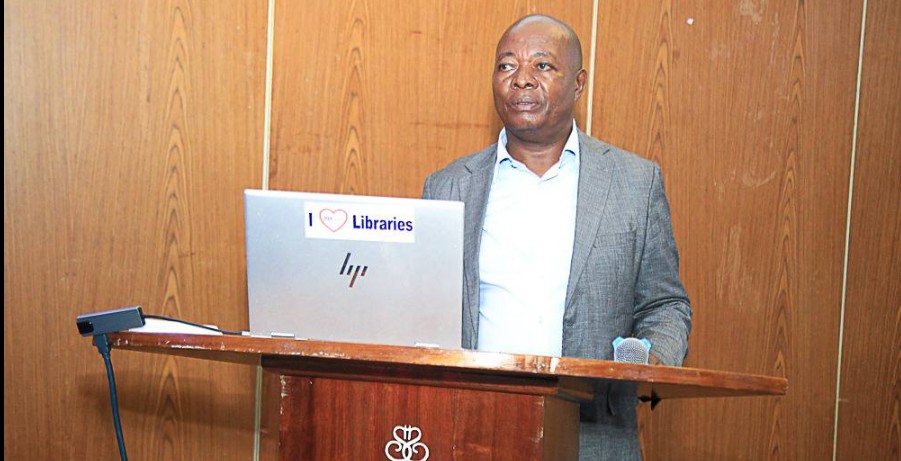Ruto’s housing plan hit as Treasury moves to end tax exemptions on building materials

The proposed tax changes, if approved, could raise the cost of building affordable homes and slow down the delivery of housing units.
President William Ruto’s affordable housing programme is facing a fresh challenge after the Treasury proposed to remove tax exemptions on key construction materials used in the project.
In new changes outlined in the Finance Bill, 2025, the Treasury wants to delete the building materials used in affordable housing from the list of goods that are exempted from value-added tax (VAT). If Parliament passes the Bill, developers will have to pay VAT on items previously spared the charge.
More To Read
- Finance Bill 2025 proposes 16% VAT on internet radio and TV
- Kenya faces new US tariffs after Trump announces new fight against ‘unfair trade’
- Tough year ahead for Kenyans as KRA records Sh174 billion revenue shortfall
- Kenya Revenue Authority surpasses Sh1 trillion in revenue collection in five months
Currently, the law allows goods that are imported or bought locally for direct and exclusive use in affordable housing to be exempted from VAT. These projects must be approved by the Housing Cabinet Secretary, and developers are required to apply in advance to the State Department for Housing to benefit from the tax relief.
Once the Housing Department approves the application, it is passed to the Treasury Cabinet Secretary for final clearance and action by the Kenya Revenue Authority.
The affordable housing plan, which began in 2018 during President Uhuru Kenyatta’s time, has depended on tax breaks to encourage developers to put up low-cost homes.
The current government changed the approach to financing the programme by introducing a housing levy. This was first included in the Finance Act 2023, but was later ruled unconstitutional by the courts.
The government later came up with a new legal path for the scheme through the Affordable Housing Act, 2024, which was signed into law in March last year.
Since July 2023, workers have been contributing 1.5 per cent of their monthly salary to the housing fund, with employers matching that amount.
Although the State had aimed to deliver 200,000 houses each year, it has failed to meet this target.
The proposed tax changes, if approved, could raise the cost of building affordable homes and slow down the delivery of housing units.
The plan is now in the hands of Parliament, which will decide whether or not to support the proposal.
Top Stories Today










































